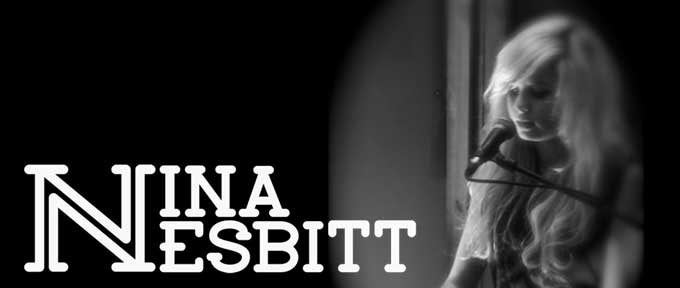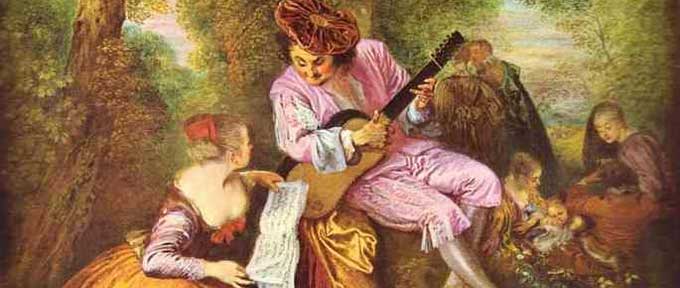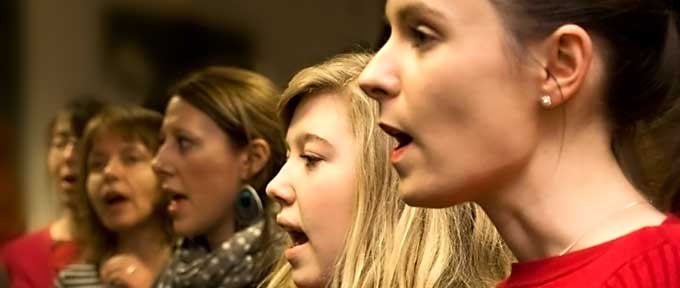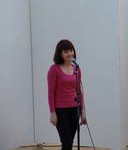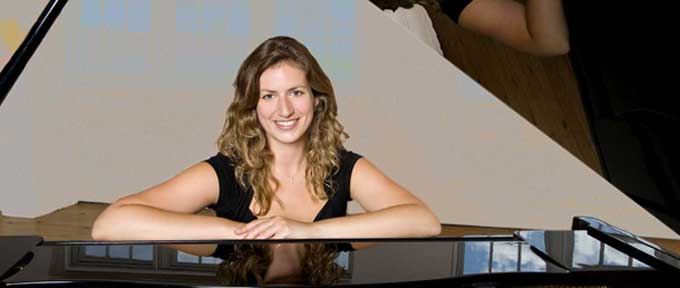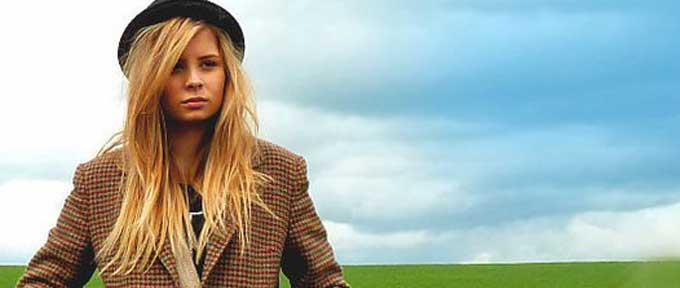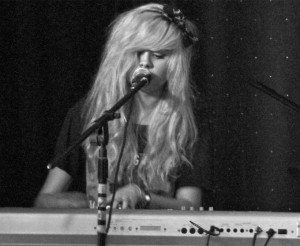Hi there, it’s Nina Nesbitt here again with a little update on my recent musical adventures 🙂
Since the last time I posted my blog here I have been busy receiving a lot of music video entries for my competition to find some fabulous support acts for my Mini UK Tour in April/May 2012. It is still open for anyone to enter, with the deadline being 1st March 2012. Here are the details again if you are keen to send in an entry and get a chance to play in Edinburgh, Glasgow, Manchester or London.
For my mini tour in April 2012 I have a main support act travelling with me. However, in each city – London, Manchester, Glasgow & Edinburgh – I’m going to have someone different to open up my show each night. I’m really supportive of other upcoming or aspiring artists so I’m going to select 4 different people for the different cities to open up each show for me. If you’d like a chance to support me in one of the cities please email ”[email protected] ” with your cover of one of my songs from the Nina Nesbitt ‘Live Take’ EP and also the city you’d like to support me in. For the gigs in Glasgow, Edinburgh and Manchester you must be 14+ and for London gig it is 16+ to take part in the competition. You do not have to have gig experience, I’m just trying to give some new artists a platform to showcase their talents. You can find my ‘live take’ Ep tracks on iTunes, Amazon and YouTube to listen to, search Nina Nesbitt. Good luck!
Part of my job as a musician is to travel a lot and see many places as I write, play and record in a lot of different cities. But, when I am back home in Edinburgh, I am also learning to play the piano at the moment by having tuition with the fantastic Will Pickvance. I’ve really been enjoying these FUN piano sessions and it’s certainly making me feel a lot more confident in using a digital piano for my live shows. It’s also giving me better skills with my composing on the piano. I would recommend anyone to learn more than one instrument if you are a keen musician, as it can really enhance your performance and also encourage you to write music in many different ways.
I write my own songs and sometimes I use the guitar and other times it will be the piano that brings me a melody that I really like. People write in many different ways, and often ask me how do I do it? Well, sometimes a melody comes to me first, other times it’s maybe a guitar riff that sounds interesting that I build on. However, it is not always that I write the melody first, sometimes it is the lyrics that come to me from observations I make in daily life or even experiences myself and my friends have. I can remember once sitting on Bus 44 and something caught my eye which inspired a song. I always carry a little writing book in my bag and write down lyrics/ideas as they come into my head. Occasionally you will find me sitting on the train or the bus when I’m on my travels singing quietly into my mobile phone to record a melody or lyric that has just come to me, haha! Mobile phones are great for writing your lyrics down on or recording your melodies so that they are not lost, it may give you a few funny looks on the bus but you get used to it 🙂
Soon I will be heading back to London again to co-write with a few very experienced people that have written for artists such as Adele, Ellie Goulding, James Morrison and Ed Sheeran etc. I do prefer to write material on my own but also find it very interesting to write with others. One can learn a lot about the processes they use and techniques to write those very successful and beautiful songs that many of them have had major hits with. They are very experienced writers, sharing skills and experiences with each other can only be a good thing. The same as learning to play an instrument really. Sharing skills is great fun & so very creative!
My recent headline gig in Glasgow in early February was one of my favourite shows ever!! Both Chloe Latimer & Jonny Downie were brilliant as my support acts and they both rose to the challenge big time of showcasing their talents – they really rocked it!! Everyone in the crowd where absolutely amazing and very supportive. They listened intently to my music and I had the most fantastic time meeting all my fans after the show, by spending time chatting to them all and responding to photo requests & autographs. I think it’s really important if you are an artist out there ‘gigging’ that you definitely take time to meet the people in the audience who very kindly made the effort to come and see you play and continue to support your music. Without them a successful music career as a performing artist would not be possible, so to me they are the most important people. Most of the fans also follow me on Twitter, @ninanesbitt , and on Facebook, www.facebook.com/ninanesbitt , where I makes sure I interact with them by trying to respond to most of the comments on my music FB page and some tweets here and there. It is a great forum to be able to give a little bit back to the people who have supported you along the way and continue to do so and spread the love of music to others as well.
If you are a budding musician I would advise you to set up an artist page on Facebook and a Twitter account, it is very important in the music world at this moment in time 🙂 Get online, use YouTube to post things your music on and look for gig opportunities and instrumental / vocal tuition to help you fine tune your skills and build your confidence in your chosen instrument.
One of my other little past times is that I do secret gigs around the UK from time to time, to gain more performance experience and to have the chance to play along side other more experienced musicians also.
I recently did a gig in Newcastle at the Cluny 2 with three other lovely touring musicians who very kindly introduced me to their audience as their special guest of the night. It’s a brilliant way to gain more experience and quite exciting to be the surprise guest that no one may have heard of before and extend their musical interests hopefully by putting on a good performance.
The BRIT AWARDS are on the cards next for me to attend and then I’m away on a Tour around Europe with Ed Sheeran & Passenger, which will be an amazing experience no doubt. I shall be back to share more of my musical adventures along the way. I will give you an update on my Brit Award experience & share with you all what life is like touring on a double decker bus for 2 weeks! I bet I will miss my own bed, ha! Watch this space!! 😀 Nina x
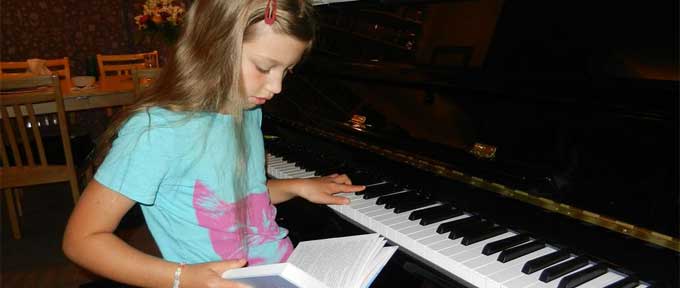


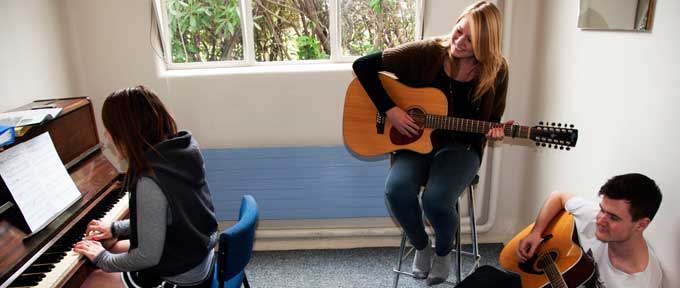
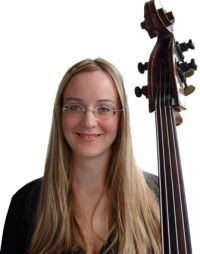 As an instrumental teacher I am often asked by parents how much time their child should spend practicing between lessons. When taking up an instrument it is important to create good habits of practice from the beginning therefore I have put together some suggestions which I hope will be helpful:
As an instrumental teacher I am often asked by parents how much time their child should spend practicing between lessons. When taking up an instrument it is important to create good habits of practice from the beginning therefore I have put together some suggestions which I hope will be helpful: